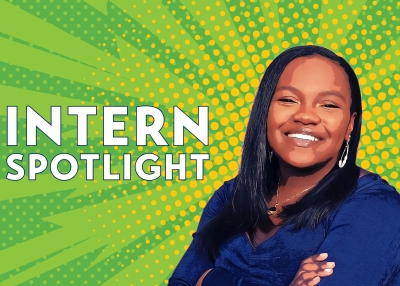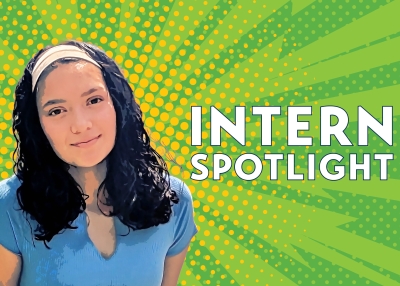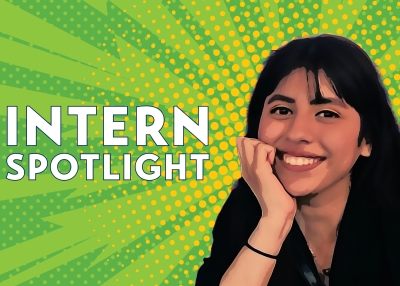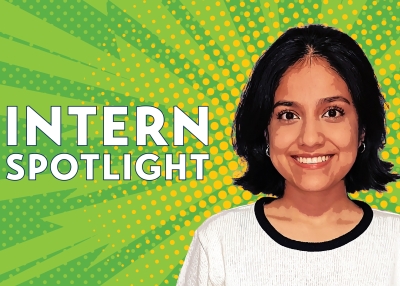Houston Methodist President and CEO, Former Senior CDC Director Analyze Risks of Second Wave of COVID Cases
Asia Society at Home
Learn More
HOUSTON, June 5, 2020 — In its 10th program of the COVID-19 series, Asia Society Texas Center (ASTC) hosted a webcast to discuss the risks of a second wave of the COVID-19 pandemic. Dr. Marc Boom, president and CEO of Houston Methodist, joined Dr. Ali Khan, Dean of the College of Public Health at the University of Nebraska Medical Center, former senior director at the CDC, and author of The Next Pandemic, in conversation with moderator Martyn E. Goossen, ASTC board member, to address where we are today and what to expect in the future.
Where are we today?
The speakers began by summarizing the rapid spread of COVID-19 over the past five months. Dr. Khan said as of June 4 over 6.5 million people around the world had been infected, with over 380,000 deaths in 188 countries. While the first wave began in Asia before moving to Europe, the U.S., and now South America, Dr. Khan noted that countries in Asia and Europe successfully flattened the curve of the initial outbreak, usually within 6-8 weeks. In contrast, the United States has been unable to manage our outbreaks. Though peaking at 35,000 cases per day back in March, he said almost 8 weeks later the country is still seeing an average of 20,000 cases a day – indicating that we are unable to get our basic reproductive rate below 1. Dr. Khan says this means Americans continue to be at risk.
Dr. Boom added detail from a local perspective, sharing data from across eight Houston Methodist hospitals in the Houston area that tracked the total number of patients, medical/surgical beds, and ICU beds. He said the key mitigating factor was the stay-at-home order for Harris County issued on March 24, which the data showed to have an impact approximately 18 days later. Dr. Boom said that while numbers began trending downward following the sharp peak, they “very stubbornly plateaued” at about half the peak, meaning that we ultimately have not successfully flattened the curve. He expressed particular concern over the data from the beginning of June, which shows an upward trend of daily cases.
What does this mean for a second wave?
Dr. Khan was candid in noting that a second wave requires an initial peak followed by containment and flattening of the curve, which the U.S. has not achieved. He estimated that only approximately 5-7 percent of the U.S. population has been infected, far below the 60-70 percent needed for herd immunity, and leaving at least 90 percent of the population susceptible to infection. What that means, he said, is that the emphasis needs to be on containing the outbreak through communicating with the public and through contact tracing.
Both speakers underlined the importance of reinforcing social responsibility in the community, urging individuals to wear masks, wash their hands, and maintain social distance. Dr. Boom acknowledged the challenges of getting clear information to people, particularly when polls have indicated that individuals are more likely to trust their physicians and employers on issues of health over the press or politicians. He also acknowledged divisions in the country but pointed out that these are issues of medicine and science, not politics. To that end, Dr. Khan said he hoped the CDC would become a national voice in helping guide public behavior.
The speakers went on to address concerns about an increase of COVID-19 cases in the fall, similar to the 1918 influenza pandemic. Dr. Boom indicated that factors such as reopening of schools and more people being indoors due to weather are concerns, but clarified that the factors were linked to the flu. Because COVID-19 is a novel coronavirus, he said, in truth scientists do not know how it will act. Dr. Khan agreed that we cannot assume the coronavirus will act like the flu; he said it is more like Ebola where it is important to find every case, isolate it, and contain the disease. According to Dr. Khan, a second wave is not inevitable as long as action is taken, both by individuals and via public health policy.
What should we be doing now?
According to the speakers, the current goal of containing the outbreak will rely on improving and increasing the capacity for testing and contact tracing. Dr. Boom spoke optimistically about the improved testing capacity in the U.S., and noted that Houston Methodist is capable of doing approximately 1,600 tests per day and expects it to improve over the next few months. By fall, he said, Houston Methodist will likely have the capacity to do 10,000–13,000 tests per day.
Dr. Khan spoke emphatically on the need to scale up contact tracing to help contain the outbreak, pointing to the successful measures carried out by countries such as China, South Korea, and New Zealand, among others. Goossen raised concerns about the ability to successfully trace contacts, pointing to the recent U.K. attempt from May 28–31 that could find only 38 percent of contacts of infected individuals when reaching at least 80 percent of contacts is necessary to make tracing effective. Dr. Khan responded that we have the historical knowledge and expertise to carry out contact tracing effectively, helped with knowing that 70 percent of cases come within households and close contacts with the carrier. He emphasized the need for public health departments to invest significantly in contact tracing, as well as the need to prevent the spread of cases through individual awareness.
Are we prepared for the future?
Beyond contact tracing, the speakers touched briefly on the development of a vaccine and other treatments for COVID-19, indicting their cautious optimism for a number of vaccine candidates in clinical trials that have shown encouraging early results. Dr. Boom also voiced optimism around treatments such as remdesivir, an antiviral treatment linked to lower hospitalization stays, and convalescent plasma therapy, where antibodies of patients who have recovered from COVID-19 are transfused to other patients.
Regarding the near future, Dr. Boom said it is a false choice between opening up and having a virus. He said there is a way to move forward thoughtfully to get the virus out of our lives and is optimistic in meeting the needs of the community around not just treatment but prevention.
In looking to the potential of a next pandemic, Dr. Khan said he hoped we could learn from this experience to never again underfund public health at the national, state, and local level. He said it is important to have strong public health systems as well as strong healthcare systems with surge capacity, who could work together.
Both speakers said that they understood the need to address social injustices, as the social determinants of health and the disparities in outcomes are also a part of public health. They noted that with demonstrations likely to continue, the best way to move forward is to encourage masks and distancing and educate as best as we can.
COVID-19 Overview
Dr. Boom and Dr. Khan provided the below slide decks reviewing COVID-19 case data across Houston, the U.S., and the world. This material, provided on June 5, 2020, is for informational purposes only.
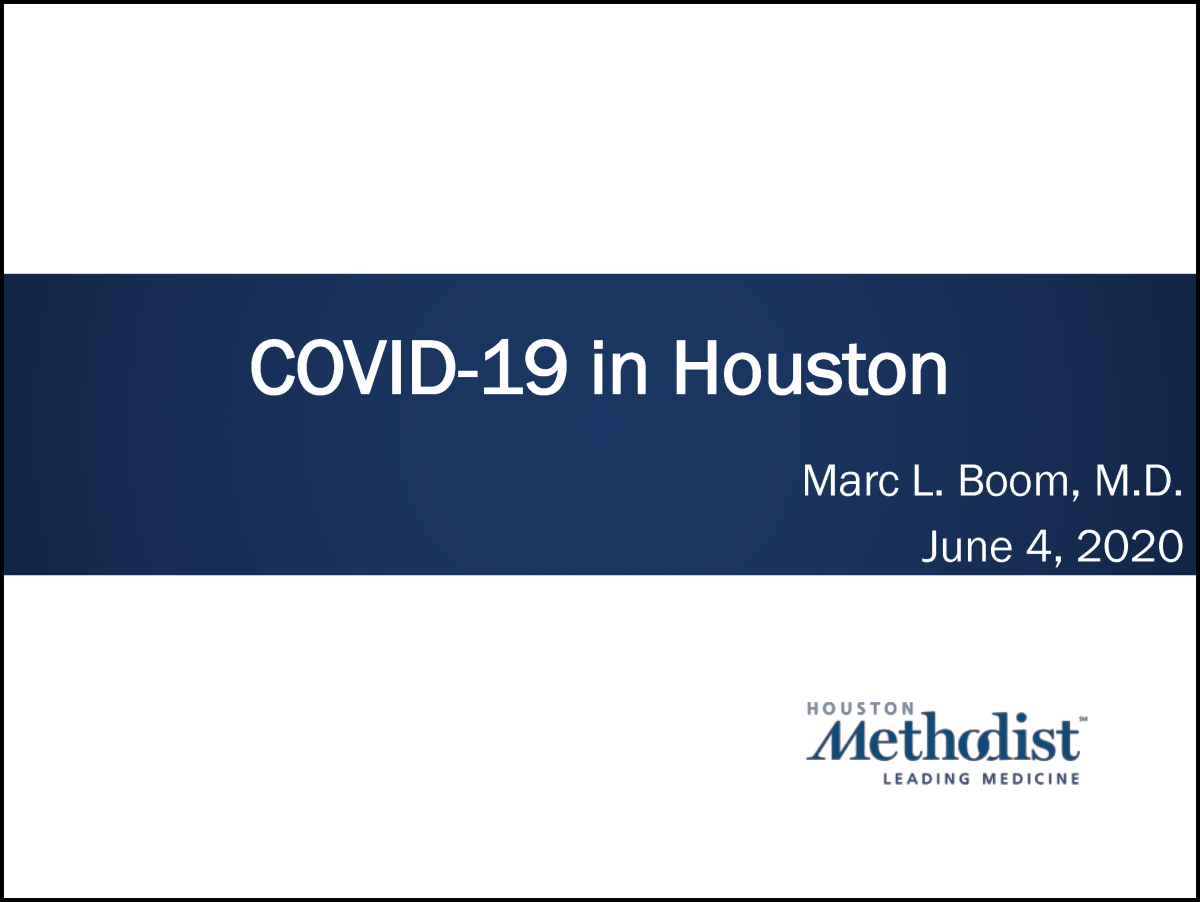
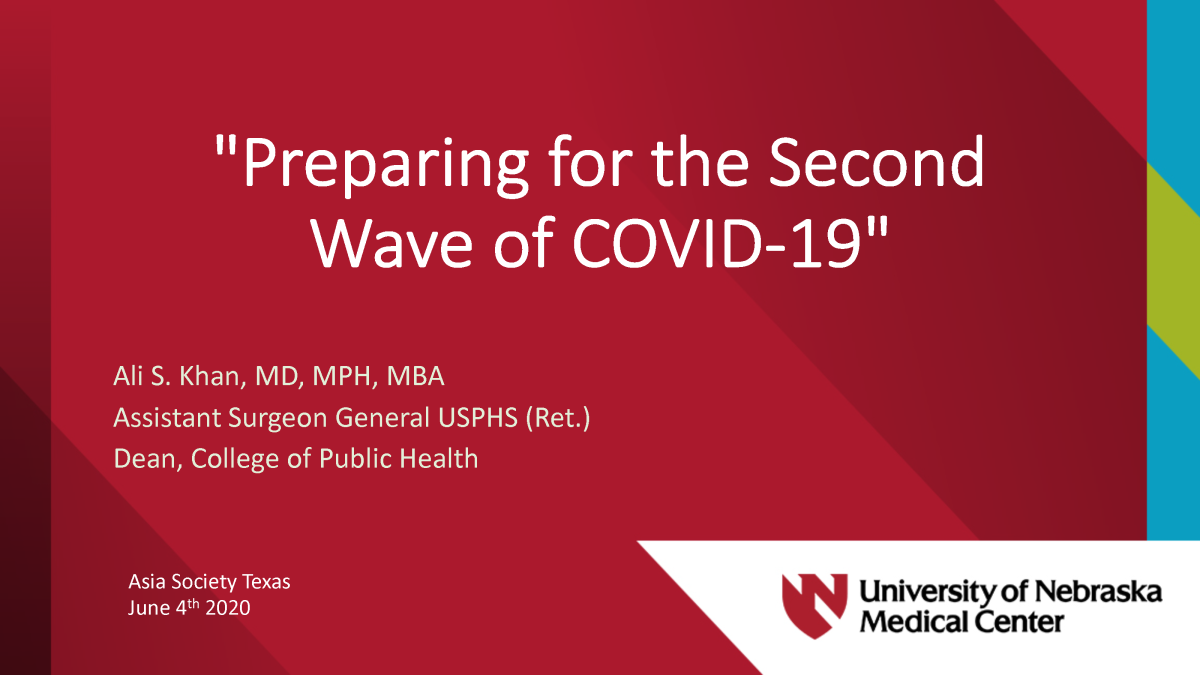
About Asia Society at Home
We are dedicated to continuing our mission of building cross-cultural understanding and uplifting human connectivity. Using digital tools, we bring you content for all ages and conversations that matter, in order to spark curiosity about Asia and to foster empathy.
About Asia Society Texas Center
With 13 locations throughout the world, Asia Society is the leading educational organization promoting mutual understanding and strengthening partnerships among the peoples, leaders, and institutions of Asia and West. Asia Society Texas Center executes the global mission with a local focus, enriching and engaging the vast diversity of Houston through innovative, relevant programs in arts and culture, business and policy, education, and community outreach.
